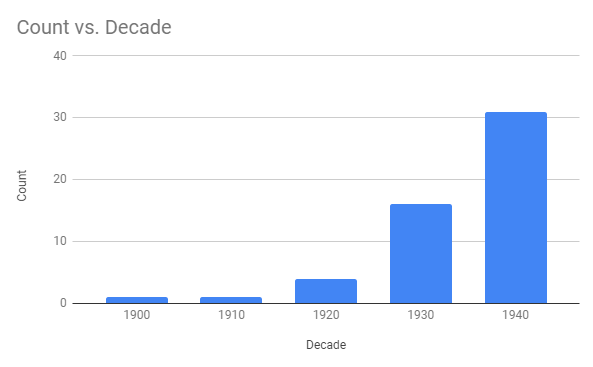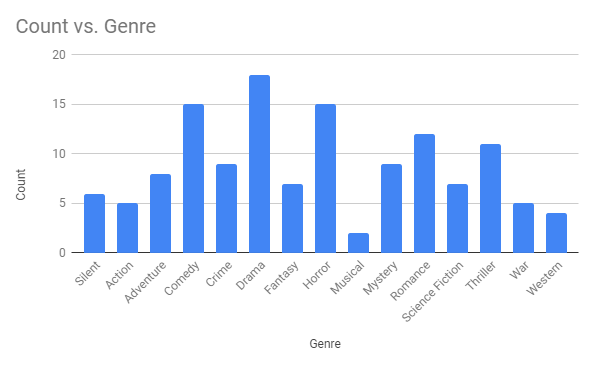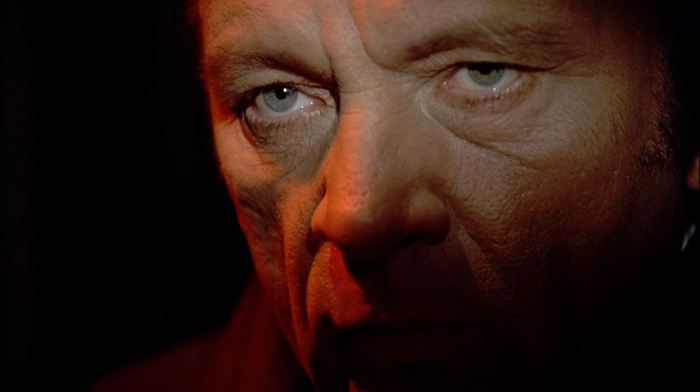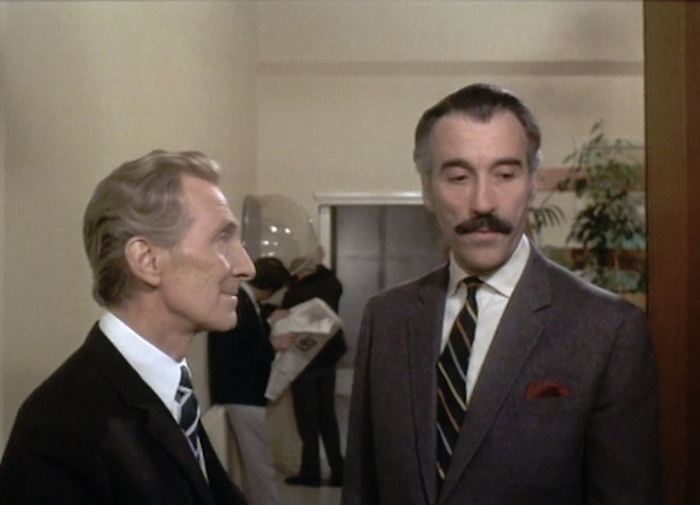50 Under 50 Postmortem
Last year, I made a film-based resolution to watch 50 movies made before 1950. I did quick reviews of the films as I went: [Part I | Part II | Part III | Part IV | Part V | Part VI | 6WH: Week 1 | 6WH: Again Universal | 6WH: Speed Round] In the end, I watched 53 movies made before 1950 in 2018 (full list on Letterboxd). In all the sturm und drang of the year ending, Vintage SF month, and the Kaedrin Movie Awards, I never got to do a retrospective on the experience. Let’s dive into the numbers and look at what the 53 films looked like:
- While I did manage to squeeze in at least one film of each of the 5 decades from 1900-1949, I didn’t quite realize how heavily I leaned on 1940s.

On the other hand, it isn’t really that surprising, as there were more movies made in the 40s than the 10s, etc… (despite a slight dip, presumably due to WWII).
- In terms of genre, I managed to spread things out reasonably well, with unsurprising concentrations on Horror and Comedy and the catchall Drama. More surprising given my normal taste is the amount of Romance I tackled. Also worth noting that “Silent” isn’t technically a genre, but I included it on this list (since it’s possible that a movie can have multiple genres, I figure it works fine).

Genres I didn’t get to at all are Animation, Documentary, History, and TV Movie (the only real surprise there is animation, but I was trying to focus on movies I hadn’t seen before and so the classic Disney movies were mostly out, even if I probably should revisit some of them). Obviously genre is a fuzzy categorization, but here I’m just using Letterboxd’s filters, so any complaints should be directed to them.
- When it comes to Countries of Origin, I’m not especially great, with the grand majority falling on the good ol’ USA. Only 7 foreign films on the list, for 6 countries total (including the US). I didn’t do a resolution this year, but if I ever do one again, it may be something to the effect of 50 from 50 (i.e. 50 different foreign countries).
- In terms of Actors and Stars, the field was led primarily by Boris Karloff (a whopping 9 films) and Veronica Lake (a respectable 6 films). Lots of other stars snuck multiple films throughout the list (notably John Wayne), but there was a decent spread.
- For Directors, Alfred Hitchcock led the way with 4 films on the list (no surprise there), with Ernst Lubitsch pulling a respectable 3 films. But the big surprise is… Nick Grinde? He found his way onto the list more due to his involvement with 3 Boris Karloff vehicles than anything else, but it’s nice to see an unfamiliar name on a list like this.
All in all, this was a very interesting exercise and one probably worth repeating. Some additional thoughts:
- In the grand scheme of things, 50 movies is… not that many, but it’s a start, and I found it to be a very valuable exercise. While I did catch up with a few classics, a lot of the films were sorta middling programmers, which made for an interesting mix. Even flawed entries contained lots of surprises and clear lines of influence leading up to modern day films.
- Having this resolution did sorta distort my movie selection process though, and the movies that suffered the most were from the 1950s… i.e. old, but not qualifying for the resolution, so I mostly skipped those in favor of something earlier. I toyed with doing a 1950-2000 resolution this year to make up for that, as it’s also worth noting that there are tons of movies from the latter half of last century that I never saw, but totally should… Alas, I’m lazy and it’s almost April. Nevertheless, I might end up watching 50 movies from that corridor anyway…
- The Internet Archive is an invaluable resource in general, but it was a huge help in sourcing a lot of the movies I watched. Some movies were out of print or only available on expensive secondary prices, others weren’t really available at all. But the Internet Archive had a whole bunch of them. Mostly just SD 480p (i.e. DVD quality), but certainly good enough (and a lot of these don’t exactly have HD transfers yet anyway)…
- Netflix and Hulu are garbage for older films, but Amazon Prime has a surprisingly deep catalog and was also invaluable in sourcing a lot of the movies I wanted to see. As an added bonus, once you start watching these older flicks, you can Medusa Touch the Algorithm, making discovery a bit easier (i.e. it’s not an accident that I saw 9 Boris Karloff flicks last year). Quality varies dramatically, but it’s usually decent enough.
- Free Classic Movies was also a pretty good resource, if a bit spotty.
- Kanopy is another free streaming service (though you need to be a member of a library that subscribes – PA residents can use the Library of Philadelphia and get 4 free movies a month through Kanopy) that has lots of older films and classics, mostly at high quality. This includes a pretty decent selection of Criterion films, amongst other art-house classics.
So there you have it, a successful movie-based resolution in the books. Nothing specific planned for this year, but then, I didn’t really embark upon 50 Under 50 until March either, so you never know…





